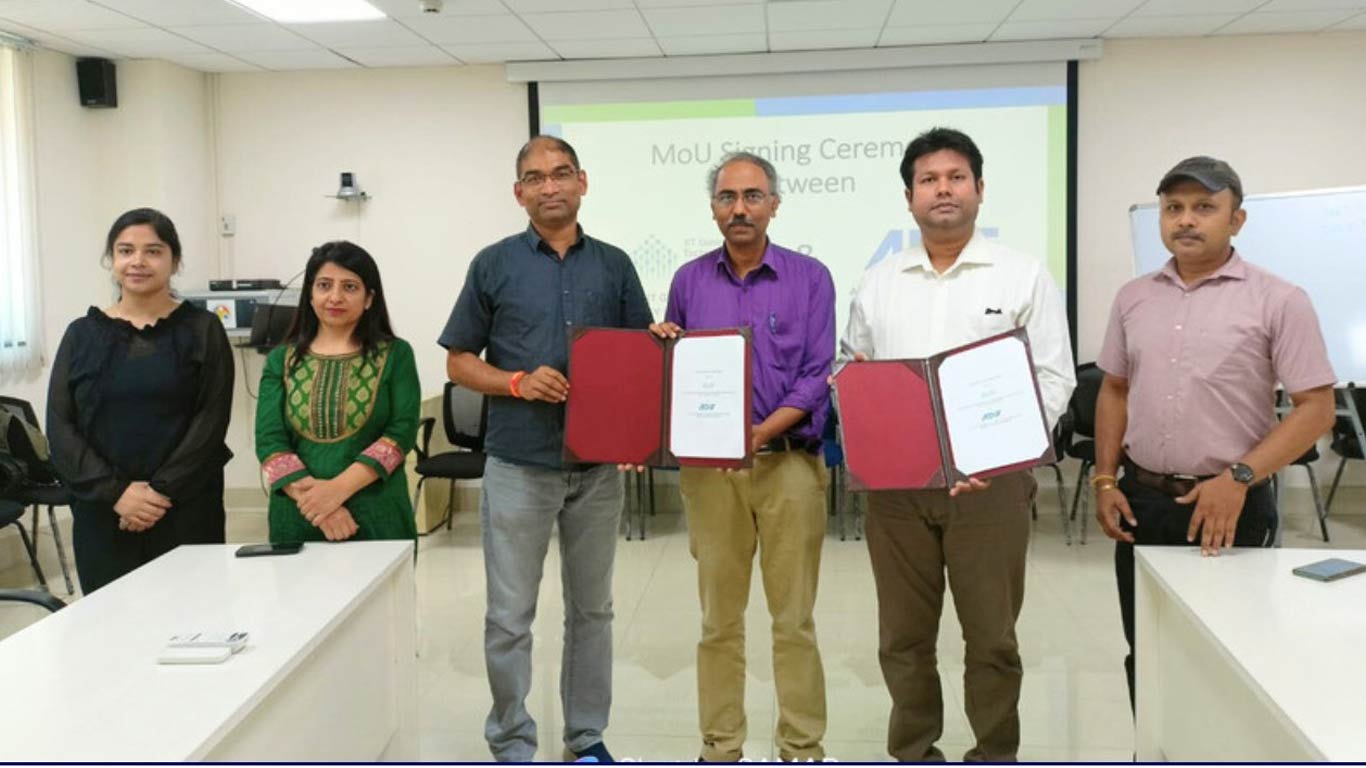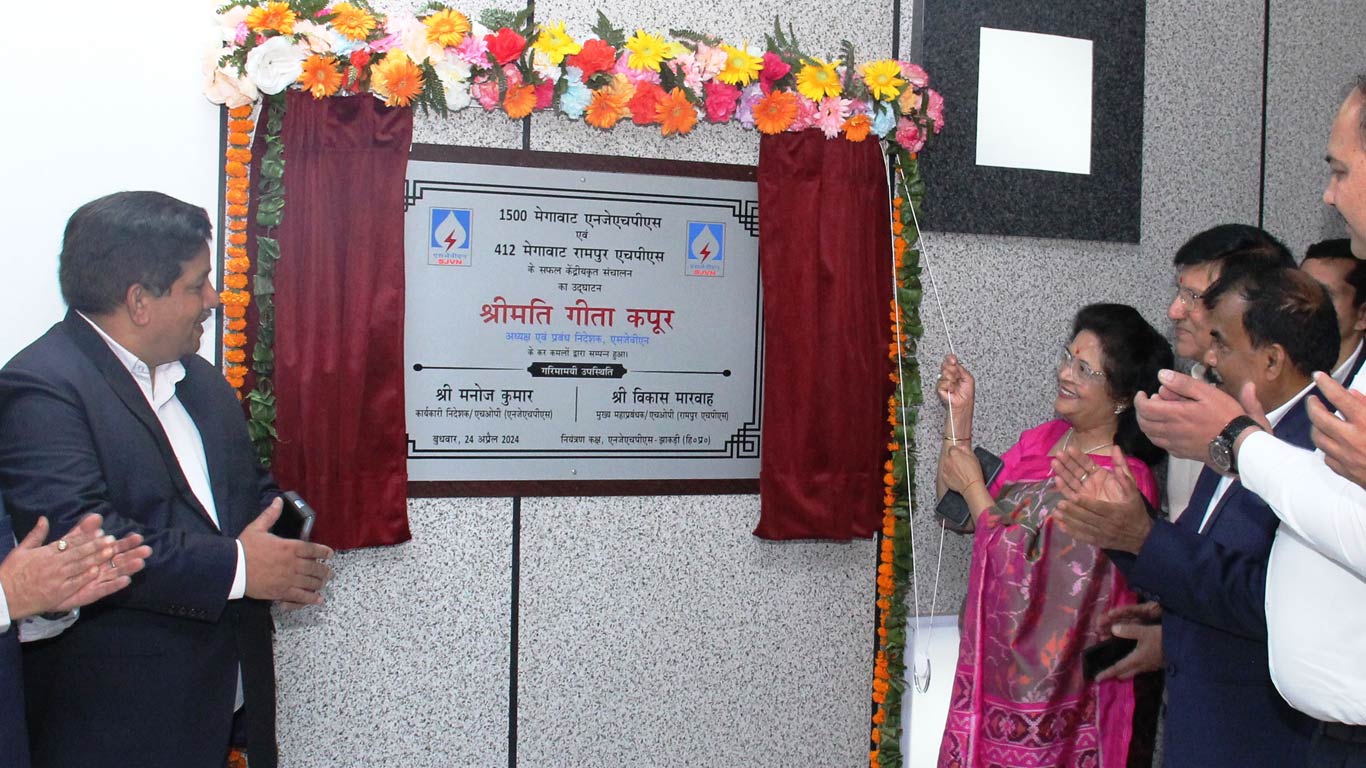Infrastructure and real estate most prone to corruption
Updated: Jul 23, 2013 03:12:35pm

New Delhi, Jul 23 (KNN) The government and public sector, infrastructure and real estate are most vulnerable to corruption in India perpetuated by lack of will to obtain licenses and approvals the right way according to a report by FICCI and Ernst and Young.
“Sectors most vulnerable to corruption include the government and public sector, infrastructure and real estate, metals and mining, aerospace and defence, and power and utilities,” said the report.
The report titled ‘Bribery and corruption: ground reality in India’ said that a large number of respondents appeared to be aware of unethical business conduct, including irregular accounting to hide bribery and corruption, gifts being given to agents and third parties being used to pay bribes.
It further added that the recent scams will have a negative impact on the flow of Foreign Direct Investment and the existing corruption will also result in lop sided evaluation of the equity firms.
The respondents represented a mix of Indian enterprises with domestic operations, as well as Indian and foreign multinationals in the US and the UK, whose annual incomes range from INR 50 billion to INR 100 billion.
EY, Partner and India Leader – Fraud Investigation and Dispute Services, Arpinder Singh, said, “Through this report, we set out to ask corporate India their perception about corruption and its impact on the country’s future and the results made for an uncomfortable reading. On one hand, it is forcing investors to rethink their India entry strategy, and; on another it is distorting free market and creating unfair competition.”
The principal respondents belonged to business functions such as Internal Audit and Finance, Legal and Compliance, and Vigilance and Risk Management from banking and financial service institutions, as also the technology, media and entertainment, and manufacturing sectors.
Striking the right chord FICCI, President, Naina Lal Kidwai said “Today, India is one of the most sought after investment destinations. Several reports place India among the top three countries globally in terms of an attractive investment destination ranked by global corporations. While several positive factors like a large and growing domestic market, favourable demographic profile and availability of a large pool of skilled manpower have brought global investors to India, in terms of ‘ease of doing business’ India still has a long way to go.
Majority of the respondents were optimistic that new regulations such as the Companies Bill 2012 will make a difference and help in reducing fraud, bribery and corruption in the country. Serious action on reported instances of bribery and corruption and wide publicity of such actions across organizations are other effective deterrents.
Further, respondents believe there should be transparency at all levels in organizations to reduce corruption; there should not be any discretionary power; and every official should be made accountable for his or her omissions and commissions.
“Corruption invariably increases transaction costs and uncertainty in an economy while lowering efficiency by forcing entrepreneurs to divert their scarce time and money to bribery rather than production,” added Kidwai. (KNN/SK/ES)











